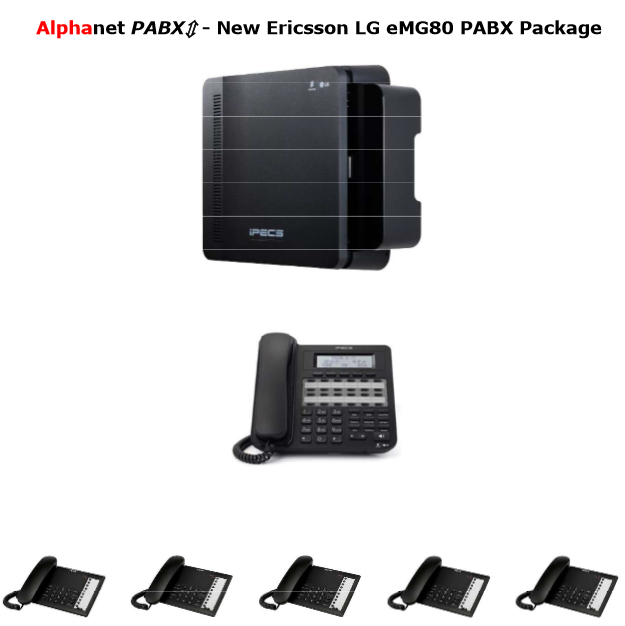Business phone systems such as PABX and VoIP have scaled up communication significantly. From call routing, teleconferencing to connectivity on the go, these system have improved operational efficiency of businesses. Read on to know more.
When it comes to business communications, Private Automated Branch Exchange (PABX) and Voice over Internet Protocol (VoIP) prove to be quite crucial. Business phone systems have improved significantly in the past decade, and particularly the introduction of these two systems has scaled up communications by several notches.
Starting from large/medium enterprises to telemarketing agencies, all have started using PABX and VoIP-based business phone systems for their quality and cost-effectiveness. In recent years, the introduction of high-speed internet, mobile integration, and enhanced user interfaces have enhanced the performance of these systems at a rapid pace.
This post revolves around PABX and VoIP phone systems, which provide an excellent user experience.
1. PABX Phone System
PABX is a phone system that works like a switchboard for connecting various devices, such as phones, faxes, and answering machines with the public phone network. Simply put, a PABX system is a business-grade phone system that functions via a private automated branch exchange network.
A few business communication features of PABX include:
- Dialing extension
- Call transferring and routing
- Holding lines and hold music
- Teleconferencing.
Typically, the system is different from a traditional landline phone due to its advanced features, which help organisations and business professionals.
2. VoIP System
Voice over Internet Protocol or VoIP is a specific type of PBX system that has become the most common business phone system, especially in small businesses. A VoIP system uses the Internet to route phone calls.
A VoIP system has two main types – hosted VoIP and cloud-based VoIP.
Hosted VoIP
Hosted VoIP uses the Internet for call routing. An on-site or off-site server hosts this system either at your business site or at the location of the VoIP provider.
Enterprises using hosted VoIP systems get a wide range of benefits such as multiple office extensions and connectivity through both desktop phones and handheld phones.
Besides, hosted VoIP systems provide a lot of flexibility. The system helps employees use nearly all the devices that connect to the Internet and their business phone network.
Cloud-Based VoIP
Similar to the hosted VoIP, cloud-based VoIP also works through the Internet for call routing. However, this system does not need a hosted server; rather it is suitable for remote connectivity or on-the-go use. Due to its mobility feature, the cloud-based VoIP has the name, “Mobile VoIP.”
Most enterprises use cloud-based VoIP solutions to ensure constant access for their employees to the business communication system, even when they are away from their desk.
VoIP Solutions are Ideal for Small Businesses
Both hosted and cloud-based VoIP solutions are readily available in New Zealand with the increasing demand. Particularly, a cloud-based VoIP service is hassle-free and mainly needs phones to connect to a VoIP network.
In the long run, VoIP is easy to maintain and can help small businesses to reach a vast customer base and ensure seamless communication between employees without additional costs.
It is easier for small businesses to implement a VoIP system, as they usually already have a commercial Internet connection. Besides, the quality of VoIP is equivalent to any other PBX system, and it is significantly cost-effective too.
If you are looking for quality and affordable business phone systems, we can help you for sure. We offer PABX and VoIP systems of some of the leading brands such as Ericsson-LG, Samsung, Fanvil, Grandstream, Siemens, Polycom, and Panasonic. Besides, we also provide easy monthly payment options like rental or lease-to-own. For details, you can fill out this online contact form. You can also get your questions answered or a free quote by dialing 0800-438-722.

